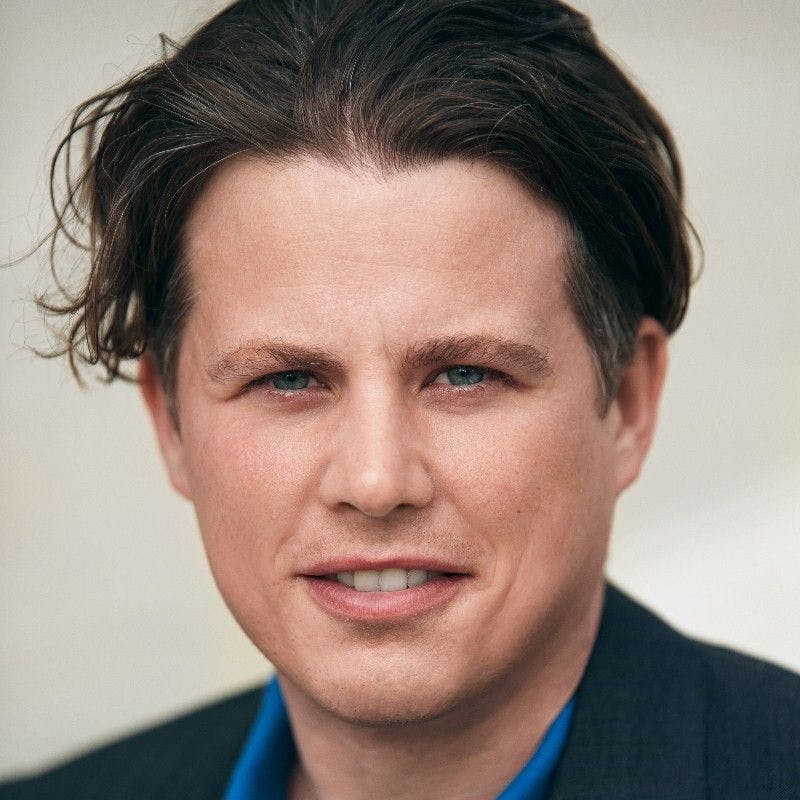Audio Presented by

Grew her AI SaaS from $0 to $8K MRR organically. The First-Time CEO podcast host, newsletter, and book author.
About Author
Grew her AI SaaS from $0 to $8K MRR organically. The First-Time CEO podcast host, newsletter, and book author.
